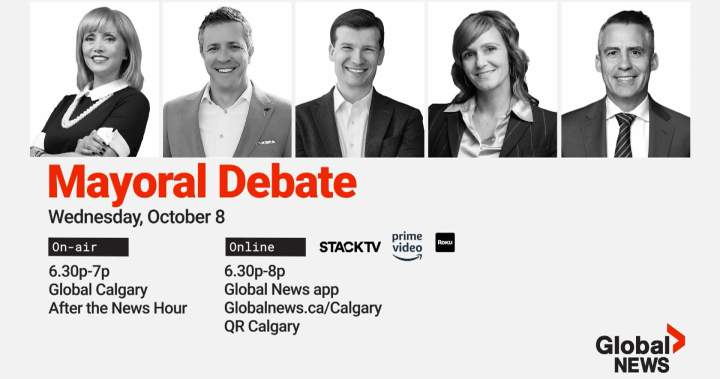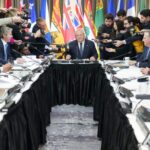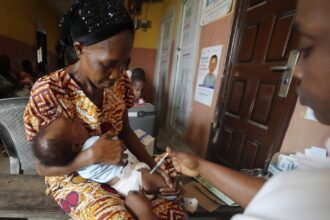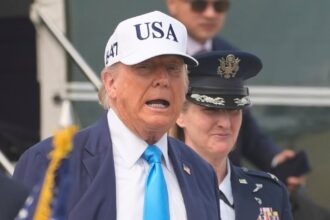The political landscape of Calgary is heating up as candidates vying to become the city’s next mayor prepare to face off in what promises to be a defining debate on July 17. Hosted by the Calgary Chamber of Commerce and Global Calgary, this event marks a crucial moment for residents seeking clarity on how prospective leaders plan to navigate the complex challenges facing Alberta’s largest city.
Set against the backdrop of economic uncertainty and urban transformation, the debate will unfold at the Patricia A. Whelan Performance Hall in the Central Library, bringing together a diverse slate of candidates eager to outline their visions for Calgary’s future. The timing couldn’t be more critical, with Calgarians scheduled to head to the polls on October 21 to elect a successor to Mayor Jyoti Gondek.
“This debate represents a vital opportunity for business leaders and citizens alike to evaluate the economic platforms that will shape our city’s prosperity,” said Deborah Yedlin, president and CEO of the Calgary Chamber of Commerce. “The decisions made by our next mayor will reverberate through every sector of our economy.”
What distinguishes this mayoral race is the remarkable diversity of backgrounds among the candidates. From seasoned politicians to business entrepreneurs and community advocates, the field represents a broad spectrum of perspectives on issues ranging from downtown revitalization to property tax reform and public transit enhancement.
Dallas Flexhaug, Global Calgary’s morning news anchor, will moderate the debate, which will focus primarily on economic policy and business development strategies. The structure allows for candidates to present comprehensive platforms rather than engaging in superficial exchanges, giving voters genuine insight into their potential governance approaches.
“Calgary stands at a crossroads,” noted political analyst Dr. Melanee Thomas from the University of Calgary. “The next mayor will need to balance ambitious growth initiatives with fiscal responsibility in a post-pandemic economy still adjusting to energy sector volatility.”
For many residents, the debate represents a rare opportunity to see candidates respond under pressure to challenging questions about housing affordability, infrastructure investment, and climate resilience. These issues have dominated community discussions as Calgary continues to evolve from its traditional economic base.
Chamber officials confirm that all registered candidates who have established campaign offices will receive invitations to participate. This inclusive approach ensures voters can assess the full range of options before making their decision in October.
The event will be broadcast live on Global Calgary and streamed across multiple digital platforms, making it accessible to citizens throughout the city. Organizers anticipate that viewership may exceed previous mayoral debates, reflecting heightened public interest in civic governance.
As Calgary continues its economic diversification efforts while maintaining its energy sector strengths, the debate may reveal significant policy differences among candidates regarding investment priorities and regulatory frameworks. These distinctions could prove decisive for voters concerned about the city’s long-term economic sustainability.
Will the next mayor of Calgary champion bold transformation or steady, incremental change in a city still defining its post-pandemic identity? The July 17 debate may offer the clearest answer yet to this question that weighs heavily on the minds of residents and business owners alike.











